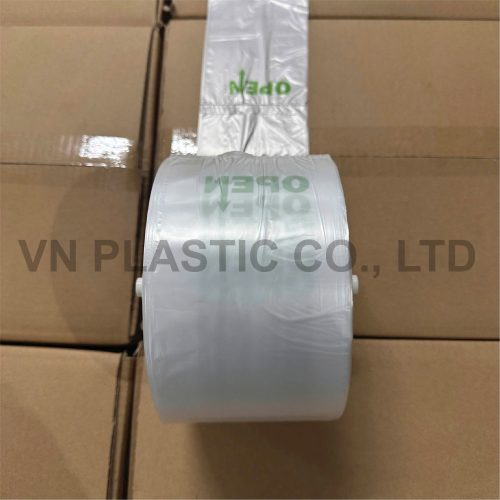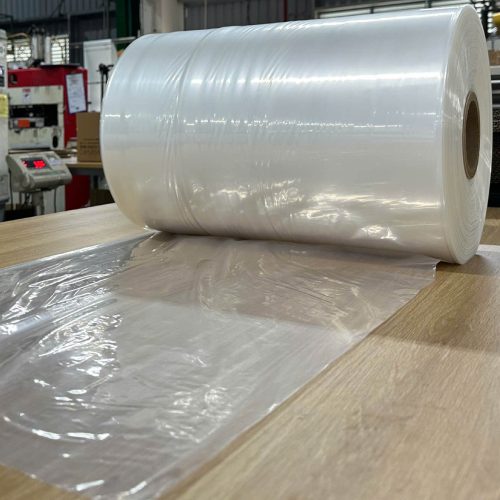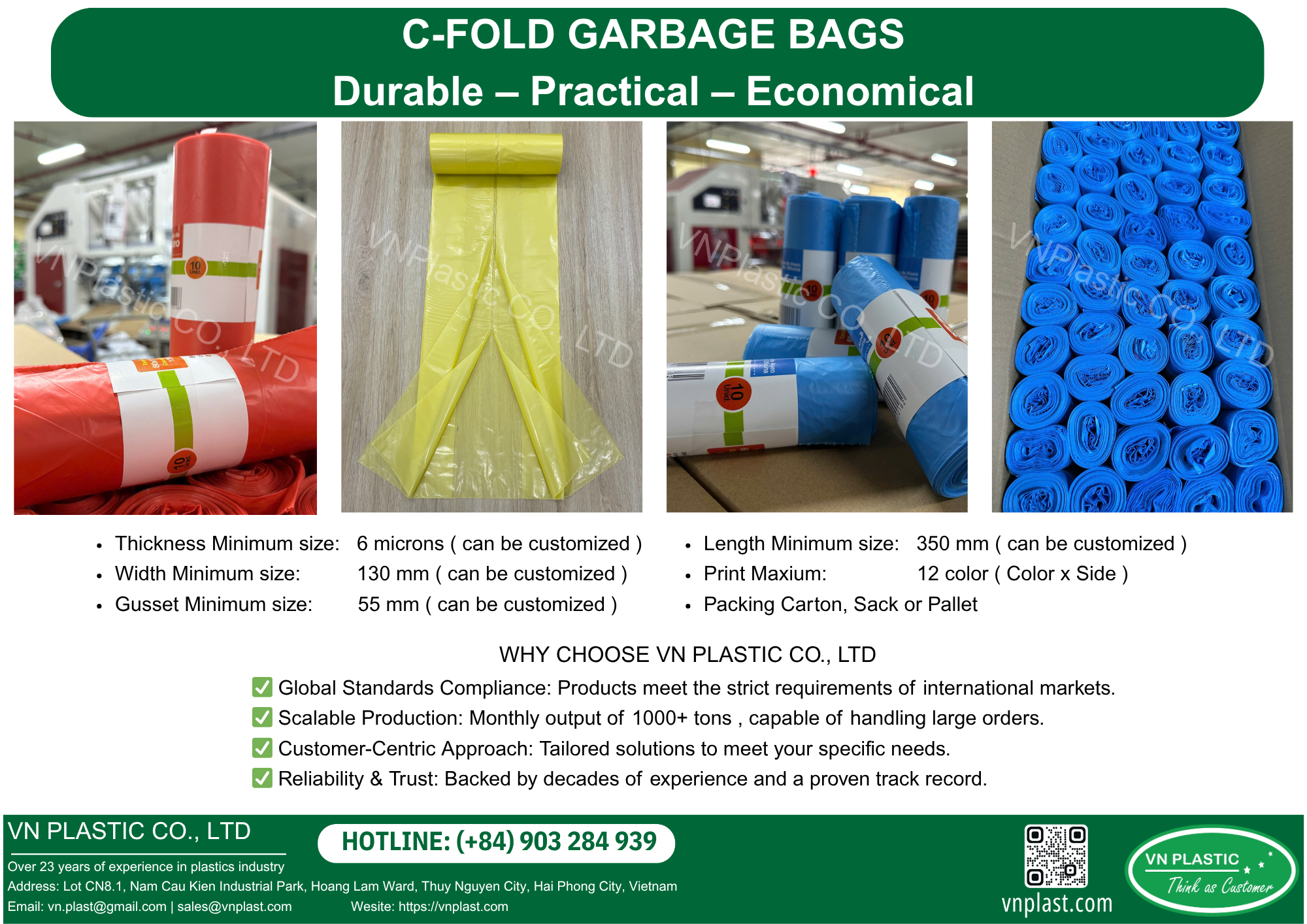Plastic shopping bags have become an integral part of retail and grocery experiences worldwide. Their convenience, affordability, and versatility have made them a staple in both small shops and large commercial outlets. As consumer demands evolve, so does the market for plastic shopping bags, encompassing a variety of styles, sizes, and environmental considerations.
In this comprehensive guide, we’ll explore the various facets of plastic shopping bags—from their standard types to innovative eco-friendly options, wholesale purchasing benefits, recycling initiatives, and the Canadian market landscape. Whether you’re a retailer, manufacturer, or environmentally conscious consumer, understanding these insights is crucial for navigating this dynamic industry.
Overview of Plastic Shopping Bags
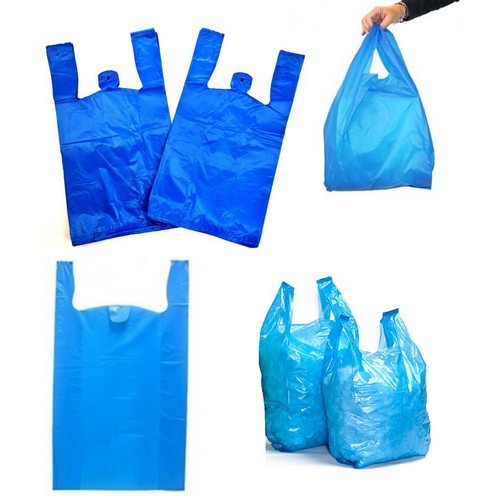
Introduction to Plastic Shopping Bags
Plastic shopping bags are lightweight, flexible carriers primarily made from various forms of polyethylene, such as low-density polyethylene (LDPE) and high-density polyethylene (HDPE). These bags are widely used for carrying groceries, retail products, and promotional items. Their popularity stems from affordability, durability, and ease of use, making them a preferred choice globally.
The advantages of plastic shopping bags over other materials include their cost-effectiveness, ability to be customized with branding, and their practicality for various shopping needs. They are often preferred by retailers for their affordability and versatility, making them an essential tool for customer convenience and marketing.
Trends and Market Demand
Globally, the market for plastic shopping bags has seen continuous growth, driven by expanding retail and grocery sectors. As economies develop, the demand for lightweight, disposable packaging solutions increases, fueling the production and sales of plastic shopping bags bulk.
Consumer preferences are also shifting towards more innovative and branded packaging options, with an emphasis on customizable plastic shopping bags with handles that enhance the shopping experience. Retailers are increasingly adopting eco-friendly packaging, blending traditional plastic options with sustainable alternatives to meet consumer expectations.
Environmental Impact and Sustainability Concerns
Despite their widespread use, plastic shopping bags pose significant environmental challenges. They contribute heavily to pollution, often ending up in oceans and landfills, where they take hundreds of years to decompose. The proliferation of plastic waste underscores the importance of adopting sustainable practices.
Recycling plastic shopping bags is vital to minimizing environmental damage. Various initiatives aim to educate consumers about proper disposal and promote eco-friendly alternatives, such as biodegradable bags or reusable textiles, to reduce reliance on single-use plastics.
Types of Plastic Shopping Bags
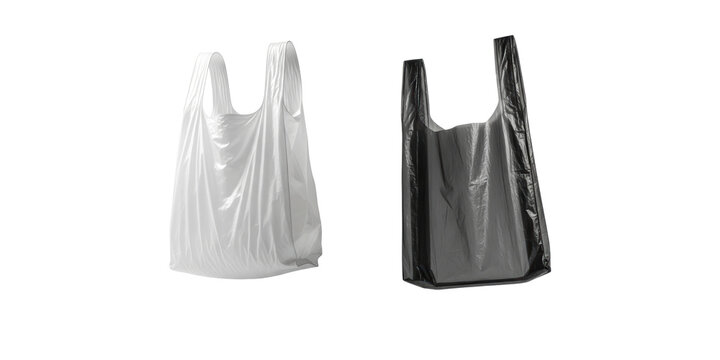
Standard Plastic Shopping Bags
Standard plastic shopping bags are manufactured mainly from LDPE or HDPE, offering a balance between flexibility and strength. They come in various sizes and are widely used by retailers for everyday purchases.
These bags typically range from small sizes for producing items to larger capacities for bulk shopping. The choice of material impacts their recyclability and durability, making it essential to select the right type depending on usage requirements.
Plastic Shopping Bags with Handles
For added convenience and branding opportunities, plastic shopping bags with handles are popular. Handles can be twist ties, die-cut holes, or looped designs, each serving different functional and aesthetic purposes.
Brands prefer these bags because handles make carrying easier, and they allow for larger print areas to showcase logos or promotional messages effectively, enhancing brand visibility during shopping.
Specialty Plastic Bags
Reinforced or heavy-duty plastic bags are designed for specific purposes such as carrying fragile or heavy items. These specialty plastic bags are often reinforced with thicker plastic or additional seams for durability.
Custom printed plastic shopping bags serve branding and promotional goals, transforming simple carriers into marketing tools. Retailers use these to reinforce brand image and create memorable shopping experiences.
Biodegradable and Eco-Friendly Options
The industry has seen a surge in biodegradable and eco-friendly plastics, offering options that decompose faster and have less environmental impact. These include bags made from compostable plastics derived from plant materials or innovations in biodegradable formulations.
Using biodegradable plastic shopping bags aligns with global sustainability goals and regulatory pressures, providing consumers and companies with responsible alternatives to traditional plastics.
Bulk Purchasing and Wholesale Options
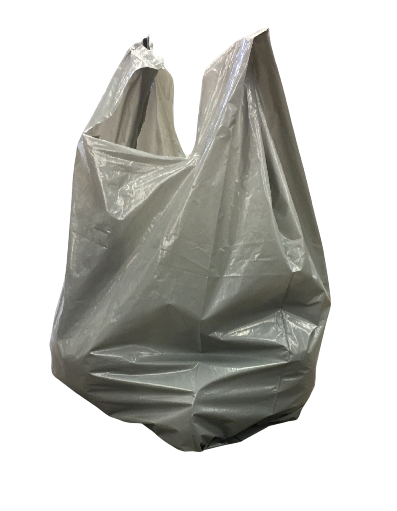
Benefits of Buying Plastic Shopping Bags in Bulk
Purchasing plastic shopping bags bulk offers significant advantages such as reduced unit costs, streamlined inventory management, and consistent product quality. Bulk buying allows retailers and manufacturers to negotiate better deals and ensures a steady supply for their operations.
Moreover, buying wholesale supplies supports larger scale operations and can help customize branding or specifications, boosting overall business efficiency and customer satisfaction.
Finding Reliable Wholesale Suppliers
Choosing reputable plastic shopping bags wholesale suppliers involves assessing factors like certifications, production standards, and reputation within the industry. Reliable suppliers often provide consistent quality, timely delivery, and customization options to meet specific branding needs.
International suppliers may offer competitive prices, but local vendors often provide quicker turnaround times and easier communication. The decision depends on specific business requirements, cost considerations, and sustainability preferences.
Tips for Negotiating Wholesale Deals
Negotiating bulk deals involves understanding minimum order quantities, pricing margins, and customization options. It’s also essential to discuss lead times for production and delivery, especially if branding or particular designs are required.
Establishing clear terms and building good relationships with suppliers can result in better prices, priority service, and flexible customization to suit your business needs.
Packaging and Delivery Considerations
Effective packaging during transit minimizes damage and ensures plastic shopping bags arrive in optimal condition. Adequate storage solutions are necessary for inventory management, protecting bags from environmental factors like moisture or heat.
Working with suppliers on delivery schedules and packaging methods can optimize logistics, reduce costs, and streamline stock replenishment processes.
Shopping for Plastic Shopping Bags for Sale
Where to Find Plastic Shopping Bags for Retail
Retailers can source plastic shopping bags for sale via online marketplaces, direct from manufacturers, or through wholesale distributors. Each option offers different levels of customization, pricing, and bulk availability.
Online platforms provide convenience and access to a wide range of styles and specifications, while direct manufacturer relationships might allow for more tailored solutions and better pricing.
Choosing the Right Style and Size for Your Business
Choosing suitable plastic shopping bags involves matching bag style and size to your product range. For instance, small packaging might require lightweight bags, while bulk items need larger, reinforced options.
Customization options, including branding and color schemes, further enhance aesthetics and marketing impact, making your packaging memorable and aligned with your brand identity.
Pricing Strategies and Budgeting
Pricing depends on factors such as order quantity, material quality, and level of customization. Comparing unit costs across suppliers helps balance quality and affordability, ensuring you obtain value for your investment.
A strategic budgeting approach considers long-term costs, potential branding benefits, and environmental sustainability, allowing your business to grow sustainably.
Legal Regulations and Compliance
Local legislation may restrict or tax the use of single-use plastic shopping bags, compelling retailers to adopt greener alternatives. Compliance involves proper labeling, environmental standards adherence, and sometimes participating in recycling programs.
Staying updated on legal requirements and aligning your packaging choices accordingly can avoid penalties and improve your brand’s sustainability reputation.
Recycling and Sustainability Initiatives
Importance of Recycling Plastic Shopping Bags
Recycling plastic shopping bags reduces landfill waste, conserves resources, and supports a circular economy. Recycling also mitigates environmental damage caused by plastic pollution and promotes responsible consumption.
Many brands and communities encourage recycling through awareness campaigns and dedicated programs. These initiatives foster environmental stewardship and consumer engagement around sustainable practices.
How to Recycle Plastic Shopping Bags
Proper disposal methods include dropping off used bags at designated recycling centers or participating in store-specific collection programs. Ensure bags are clean and dry before recycling to prevent contamination in recycling streams.
Home composting or repurposing plastic shopping bags into reusable containers can also reduce waste. Educating consumers on these practices amplifies recycling efforts.
Innovative Recycling Technologies
Emerging technologies like chemical recycling break plastics down into their basic monomers, enabling the creation of new, high-quality plastic shopping bags. Mechanical recycling involves melting and remolding plastics, which is currently more prevalent.
These innovations promise to improve recycling efficiency and enable the production of higher-quality eco-friendly bags, making sustainability more attainable.
Brands and Organizations Promoting Recycling
Major brands are investing in recycling programs, often offering plastic shopping bags recycling options as part of their sustainability commitments. Community-driven initiatives also play a vital role, involving local populations in recycling campaigns.
Partnerships between corporations, governments, and NGOs can significantly advance plastic shopping bags recycling infrastructure and awareness.
Plastic Shopping Bags Wholesale Canada
Market Overview in Canada
Canada presents a growing demand for plastic shopping bags, especially as retail chains seek cost-effective and environmentally compliant packaging solutions. Regulatory frameworks influence the types of bags used and promote recycling initiatives.
Prime considerations include environmental legislation, consumer preferences for eco-friendly options, and government incentives encouraging sustainable packaging practices.
Leading Suppliers and Distributors in Canada
Canadian companies provide a range of plastic shopping bags wholesale options, with offerings in various sizes, styles, and eco-friendly materials. Key players often emphasize product quality, certification standards, and customization capabilities.
Regional distributors are pivotal in ensuring fast delivery and supporting local sustainability initiatives, fostering a resilient supply chain aligned with Canadian regulations.
Eco-Friendly and Sustainable Options in Canada
Government incentives support the use of biodegradable or recycled plastic shopping bags, encouraging retailers to shift away from traditional plastics. Availability of environmentally friendly options has increased, pushing companies toward sustainable practices.
Consumers are increasingly demanding responsible packaging, prompting brands to incorporate biodegradable plastic shopping bags into their product lines, aligning with Canadian environmental goals.
Import Regulations and Customs
Canadian import policies require compliance with specific standards for plastics, including tariffs and safety regulations. Ensuring that plastic shopping bags wholesale Canada depends on adherence to these standards avoids legal issues and promotes compliance.
Navigating customs and import standards is critical for maintaining a consistent supply chain while meeting Canadian environmental policies.
Conclusion
The landscape of plastic shopping bags continues to evolve, balancing practicality with environmental responsibility. From standard carriers to eco-friendly innovations and wholesale opportunities, the industry adapts to market demands and regulatory pressures. While plastic shopping bags offer undeniable convenience and marketing value, increasing efforts in recycling and sustainable alternatives play a pivotal role in reducing their environmental footprint. As markets like Canada showcase a commitment to greener solutions, the future of plastic shopping bags hinges on innovation, regulation, and customer awareness, ultimately shaping a more sustainable retail environment for generations to come.


